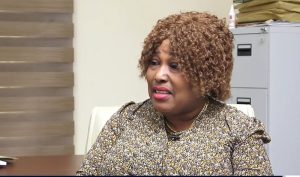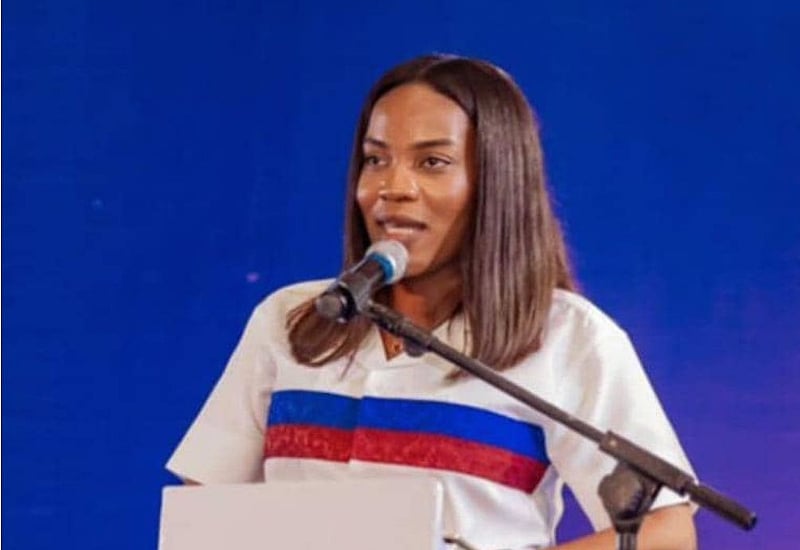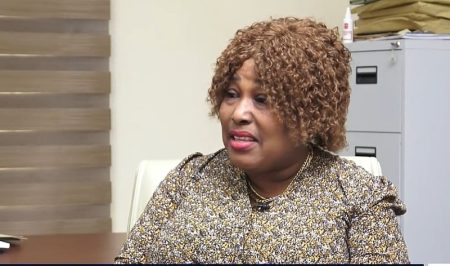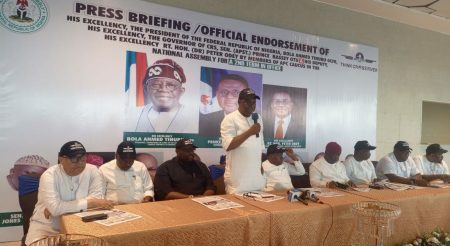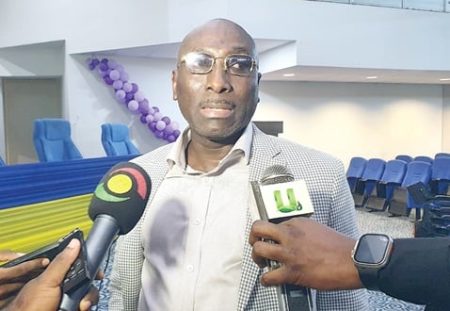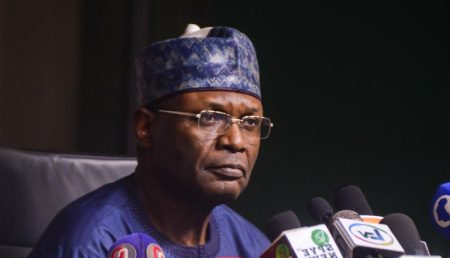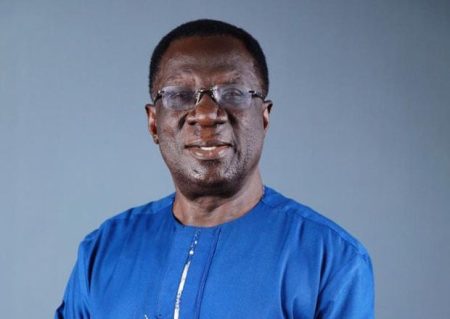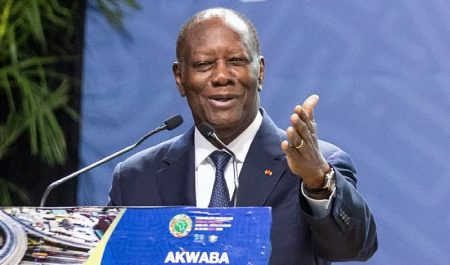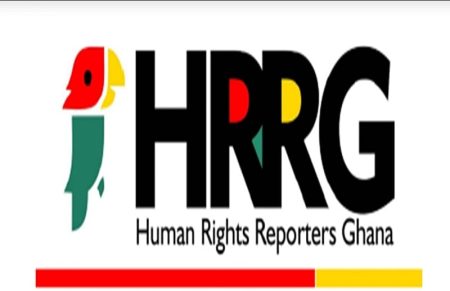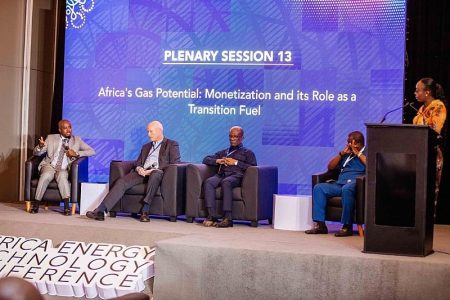The recent arrest of Bernard Antwi Boasiako, popularly known as Chairman Wontumi, the Ashanti Regional Chairman of the New Patriotic Party (NPP), has ignited a heated debate about political accountability and alleged persecution. Dr. Ekua Amoakoh, the NPP’s 2024 campaign spokesperson on health, has articulated the party’s stance, emphasizing their commitment to the rule of law while denouncing what they perceive as targeted intimidation against their members. This incident has become the latest flashpoint in the ongoing political tension between the NPP and the ruling National Democratic Congress (NDC), raising concerns about the potential misuse of state institutions for political gain. The NPP maintains that while they support holding individuals accountable for wrongdoing, they will not stand idly by while their members are subjected to what they consider politically motivated harassment.
Dr. Amoakoh’s statement underscores a fundamental tension in democratic governance: the balance between upholding the rule of law and protecting individuals from politically motivated prosecutions. She argues that the circumstances surrounding Chairman Wontumi’s arrest suggest a deliberate attempt to intimidate and persecute the NPP. This claim raises critical questions about the impartiality of state institutions and the potential erosion of due process. The NPP’s assertion is that the current government, under the NDC, is employing tactics reminiscent of the authoritarian PNDC era, a period marked by suppression of political dissent. This comparison serves to highlight the NPP’s concern about a perceived slide towards authoritarianism and the potential chilling effect on political participation.
A central point of contention in this case is the lack of transparency surrounding Chairman Wontumi’s arrest and subsequent detention. Dr. Amoakoh has demanded clarity regarding his location and current condition, citing conflicting reports that raise doubts about the official narrative. This demand for transparency speaks to a broader concern about the potential for abuse of power when information is withheld from the public. The NPP’s insistence on transparency underscores the importance of open and accountable governance in a democratic society. Without clarity on the procedures followed and the reasons for the arrest, the perception of politically motivated persecution is strengthened.
The NPP’s accusations against the NDC echo a broader pattern of reciprocal accusations between the two dominant political parties in Ghana. Each party has, at various times, accused the other of using state institutions to target political opponents. This dynamic creates a climate of distrust and fuels political polarization. The current situation highlights the need for robust institutional mechanisms to ensure the impartiality of law enforcement and judicial processes. Strengthening these institutions is essential for safeguarding the integrity of democratic governance and preventing the manipulation of the legal system for political ends.
The NPP’s strong response to Chairman Wontumi’s arrest signals a determination to resist what they perceive as an orchestrated campaign of intimidation. Dr. Amoakoh’s statement serves as a warning to the NDC against employing tactics that undermine democratic principles. The NPP’s framing of the situation as a struggle against oppression harkens back to their historical roots as an opposition party formed during a period of restricted political activity. This historical context underscores the party’s deep-seated commitment to safeguarding democratic freedoms and resisting any perceived attempts to suppress political dissent.
The ongoing controversy surrounding Chairman Wontumi’s arrest underscores the fragility of democratic institutions and the constant need for vigilance in upholding the rule of law. The NPP’s accusations against the NDC raise serious questions about the impartiality of state institutions and the potential for politically motivated prosecutions. The demand for transparency and accountability in this case highlights the importance of ensuring that the legal system operates fairly and without bias. The outcome of this situation will have significant implications for the political landscape in Ghana and the future of democratic governance in the country. It remains to be seen how the government will respond to the NPP’s accusations and whether the necessary steps will be taken to address the concerns raised about the integrity of the legal process.


